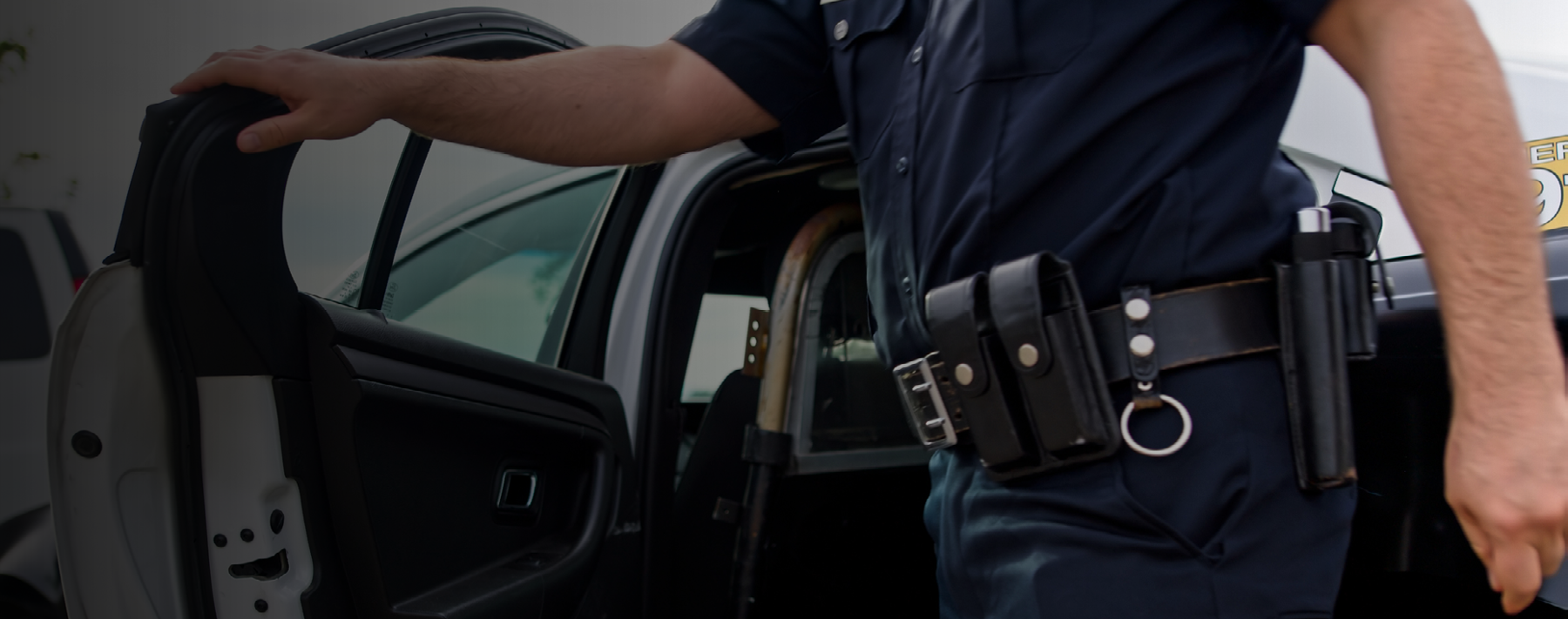Commonwealth v. Crowley-Chester, (Mass. 2017)
Two officers saw a car parked in front of a vacant lot and across the street from a church at 0300. The motor was running and the car lights were off. When the officers aimed their spotlight at the car, they saw two men in the front seat.
The officers approached the car. Crowley-Chester was in the passenger seat. The officers saw an unknown object in his hand (it turned out to be a black glove) and a closed Swiss Army knife in the center console. They ordered the men out of the car. An officer secured the knife. When the driver got out of the vehicle, he dropped a white rock to the ground. An officer recognized it as crack cocaine and he arrested the driver.
The driver asked the officers to let Crowley-Chester drive his car. However, Crowley-Chester did not have a license. The officers impounded the car. During the vehicle impound inventory search, the officers found a backpack containing a gun in the trunk. The backpack was labeled with Crowley-Chester’s name and it also contained a paystub issued in his name. Crowley-Chester was arrested for carrying a gun without a license.
Crowley-Chester asked the court to suppress the evidence found in the backpack, arguing that the car was legally parked on the street and did not need to be impounded. The prosecution countered that the car was in a high-crime neighborhood at 0300 and was impounded for caretaking reasons. The prosecution also argued that the knife in the car justified impounding the car for public safety reasons. Crowley-Chester introduced evidence that there had been only a single call of a car prowl in the neighborhood in the three months preceding the arrest.
The court was not persuaded by the argument that a single car prowl—plus other unrelated calls for service—justified the vehicle impound for caretaking reasons. Nor was the court persuaded by the claimed public safety threat arguably presented by the seized Swiss Army pocketknife—after all, the officers had secured the pocketknife before impounding the vehicle.
This wasn’t a case where the police chose the location of a traffic stop; the driver chose to lawfully park on the street. Coupling that fact with the slim evidence that the area was a high-crime neighborhood, the court found there was no police duty to impound the car to protect it from theft or vandalism. Thus, the court agreed with Crowley-Chester and ordered suppression of the backpack and its contents.
If an officer believes that the crime rate in a particular location justifies a vehicle impound for safekeeping, the officer must be able to point to some basis for the belief, whether it is crime statistics or the officer’s own experiences in that neighborhood.



